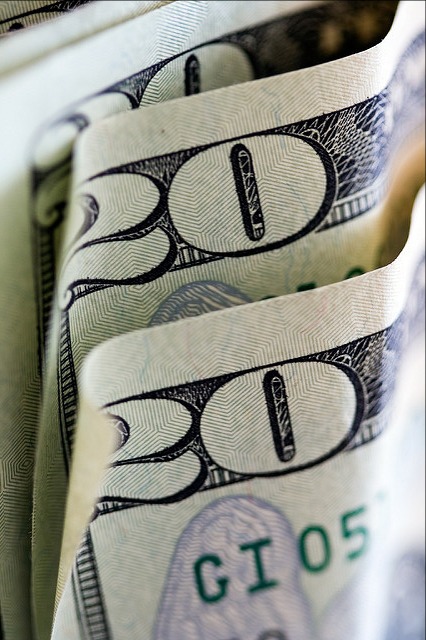People can make this business too complicated. All the talk about valuation multiples, letters of intent, discounted cash flow, asset sales, seller’s discretionary earnings, etc confuse the question at the heart of the matter.
What causes someone to buy a business?
Buyers buy cash flow.
It is that simple. Buyers buy cash flow with the belief they will be able to improve that cash flow in the future.
Cash flow affects valuation multiples. The greater the opportunity an investor sees to grow a business, the larger the valuation multiple.
Cash flow influences the due diligence. Fear of a cash flow downturn is why buyers dig through all your records, review your employees and evaluate your customers. To soothe those anxieties, the buyer will have you sign a list of representations and warranties in the final purchase agreement.
Cash flow focuses M&A Advisers on the Earnings Before Interest, Taxes, Depreciation and Amortization (EBITDA) or Sellers Discretionary Earnings (SDE). Those two numbers are the purest approximations of cash flow in the business world
It does not matter the type, buyers buy companies with the hope of cash flow growth and the fear of cash flow evaporation. An individual will buy a business to provide them a salary and pay back the acquisition loan. A family office or private equity group will buy a business to pay back the acquisition loan, streamline operations, grow market share and sell for astronomical gains in the future. A strategic buyer will buy into a product or geographic market to acquire new customers, bring a product to market more quickly or leverage revenue into their existing operation.
Think like a business buyer.
 What gives you (the buyer) confidence that the cash flow can grow:
What gives you (the buyer) confidence that the cash flow can grow:
- Is there an opportunity to expand the business with key customers?
- Is this company in a growth market? (That is why some technology sectors report such astronomical valuation multiples)
- Can this business take customers away from your competition?
- Can we eliminate low performing assets or streamline operations?
- Can the business grow geographically?
What gives you (the buyer) the confidence that historical cash flows will continue uninterrupted:
- Can I trust the financial statements?
- Does the business have recurring contracts with customers?
- Does the company have a diverse mix of customers?
- Will the customers continue with the new owners?
- Will the employees remain with the new owners?
Look at every little detail of your business through the lens of a buyer. Have you built a business that is strong enough to succeed as you step away? Have you built a business that can grow on the back of new energy and new ideas?
The more times you can answer that question yes, the more likely you will be to execute a successful sell of your business.
